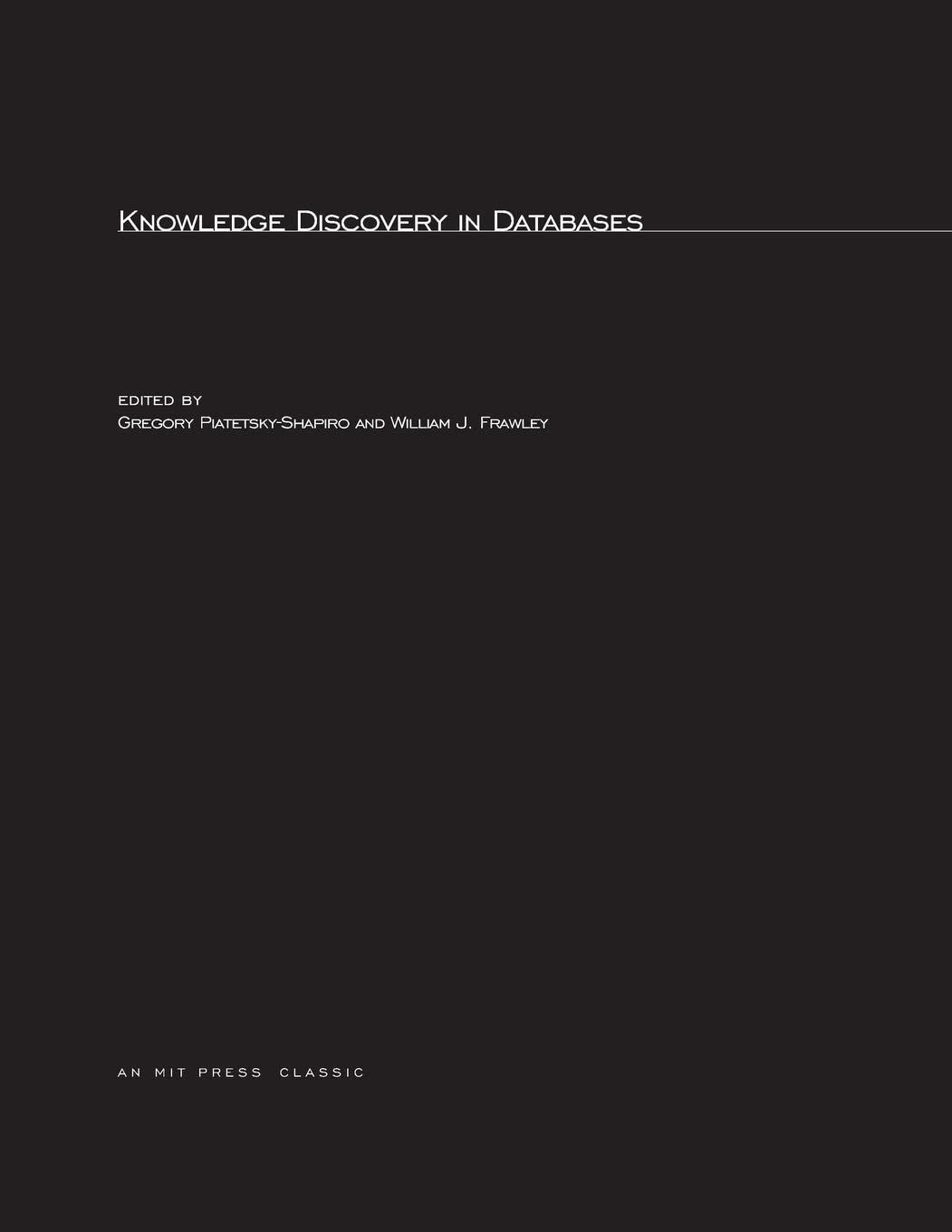Question
Assume A, B, and C are all sets that lie in a common universal set. Can you conclude that A = B given the following
Assume A, B, and C are all sets that lie in a common universal set. Can you conclude that A = B given the following statements? If so, prove your answer using only set identities, as seen in Lecture and in ZyBooks 4.4. If not, provide a single counterexample. Hint 1: Usually in proof using set identities, you must start from one side of the identity and try to reach to the other side of the identity. It means that, you should start your proof by: A = ... Hint 2: Usually in proof using set identities, you should be able to involve the given hypotheses into your proof. Consider using Absorption law or Identity law to involve the hypotheses into your proof. Examples: P = P (P Q) because of Absorption law or P = P U because of Identity law. Hint 3: For more help, look at Problem 4 in Discussion 4 (given solution by method 2).
a) A C = B C
b) A C = B C
c) A C = B C and A C = B C
Step by Step Solution
There are 3 Steps involved in it
Step: 1

Get Instant Access to Expert-Tailored Solutions
See step-by-step solutions with expert insights and AI powered tools for academic success
Step: 2

Step: 3

Ace Your Homework with AI
Get the answers you need in no time with our AI-driven, step-by-step assistance
Get Started


